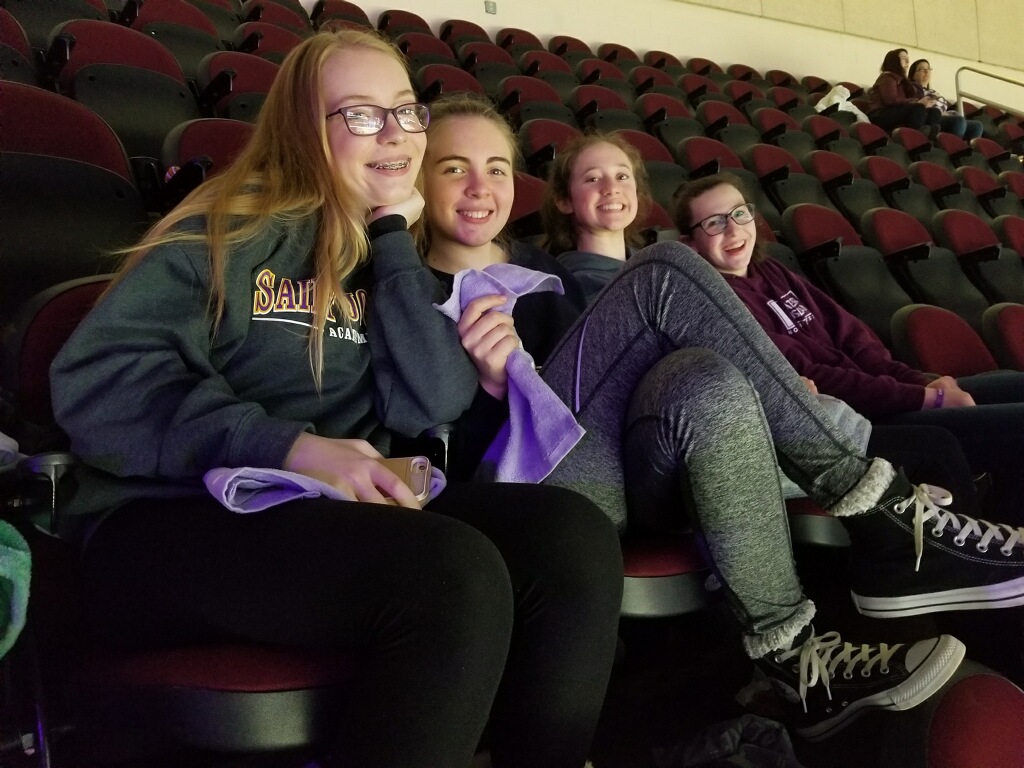Tips to Engage Teens in Speech Therapy

This article, by Kim Swon-Lewis, MEd, CCC-SLP, first appeared in Medbridge Education.
When I pull up to pick up my teen from school, I’m a little shocked by the scene. The vast majority of peers stand solitary, their faces buried in their phones. It’s not just the students either. Recently, at a conference, while waiting for the speaker to begin, most of my fellow attendees could be found with their faces glued to a phone screen. The days of polite introduction and chit-chat are gone.
This decline in verbal communication can lead to our older students (middle school, high school, even adult) questioning the point of therapy. What’s the use in speech therapy when most of their interactions are non-verbal phone communication (texting, email, etc.)? How do we handle this? We may ask ourselves: is there a reason to remediate errors that persist beyond early childhood whether or not they’ve been addressed in the past? The answer is yes, here’s why:
The Importance of Verbal Communication
In our culture, communication is a critical skill. Those with speech impairments report feelings of discomfort, social awkwardness, anxiety as well as impatience and condescension on the part of listeners.1 We need to understand that the quality of the message impacts how the content is received.
Error patterns that persist are tougher to change than ones that are less ingrained. However, with older patients, you have the advantage of advanced cognitive skills and intrinsic motivation to make it easier. Older students are typically more concerned over communication-based activities like talking to peers, dating, and job interviews. They’re more aware of their difficulties in these situations and better equipped to make changes as a result.
Tips for Working with Older Students
Even with advanced cognitive ability or intrinsic motivation, working with older students requires some special considerations. The following can encourage therapy participation and pave the road for success:
- Formulate Patient Directed Goals
The SLP may help to break a long-term goal into manageable components, but the patient will be more motivated if they share their big picture ambitions. - Use Real World Lessons
Start with the sound or syllable formation, but try to move to lists of the patient’s frequently used words. A few conversations should give you an idea of common phrasing and expressions unique to the individual; try to address these earlier rather than later. - Foster Independence
Encourage older students to take responsibility for therapy. They should show up at the scheduled time rather than having you pull them out. (This will also decrease their dread at being pulled out.) Homework should also be mutually agreed to and pertinent. - Keep it Fun and Interesting
Your older students face more academic demands, so the opportunity to make therapy more relaxed is a huge asset. Allow students to move around and drive the therapy activities. - Provide Rewards
You may no longer need a prize box, but everyone likes to be rewarded. With older students, this might include the rewards of holding therapy in a different location or practicing by calling for food delivery or ordering in a restaurant.
With these considerations in mind, your therapy with adolescent-aged students is more likely to be successful. Try these tips today and get students back to communicating with one another!

